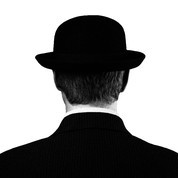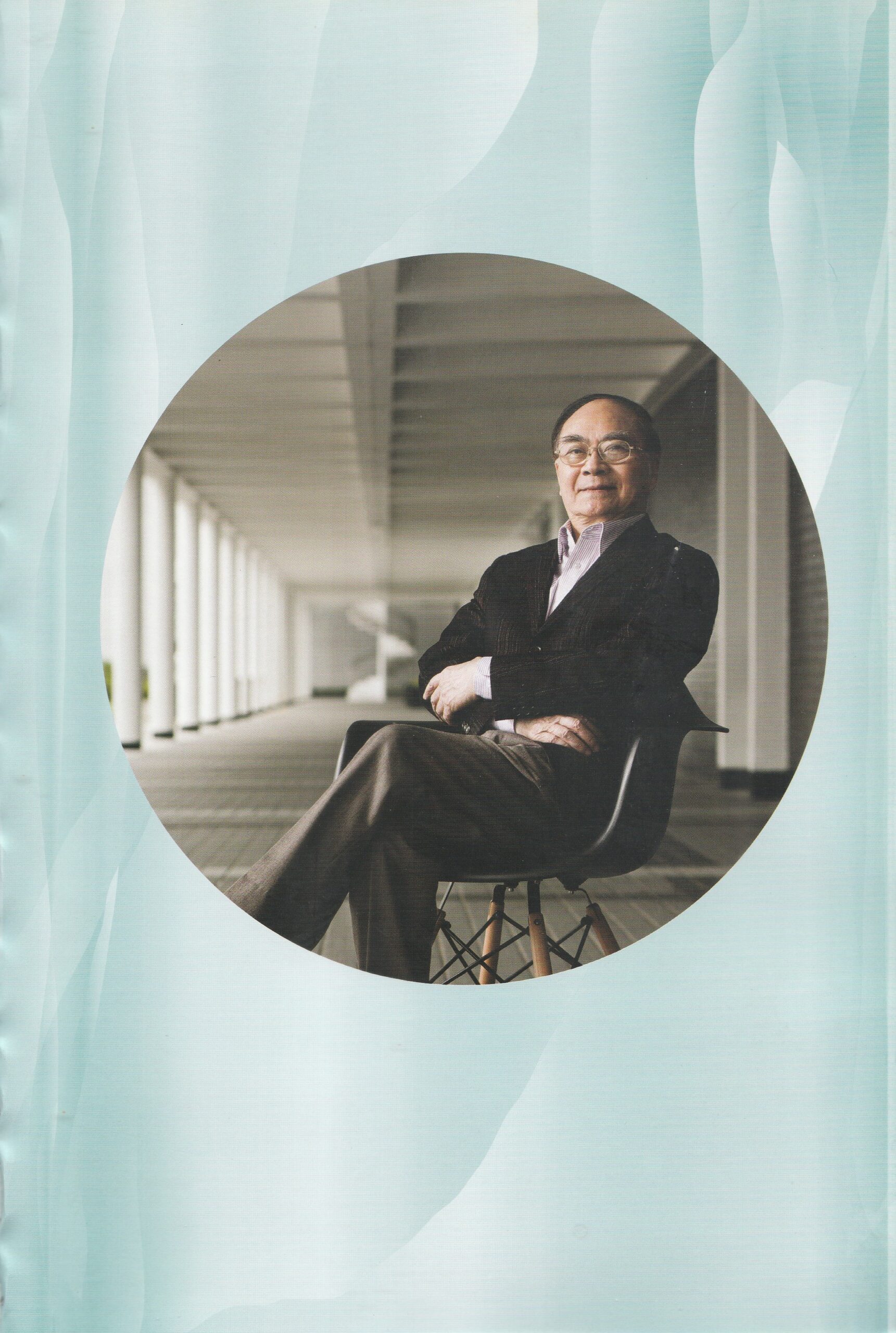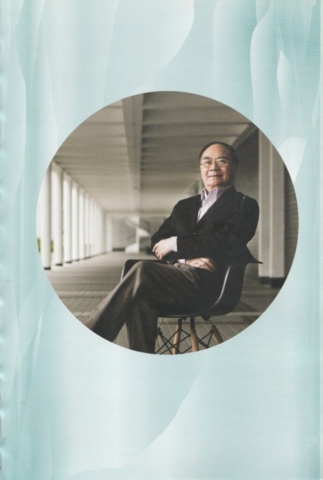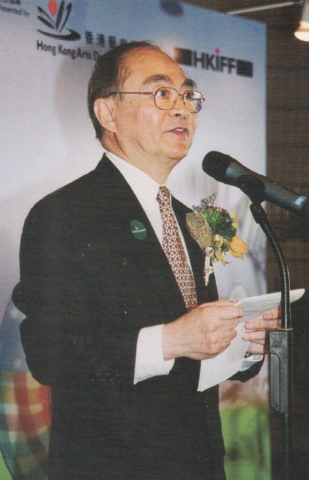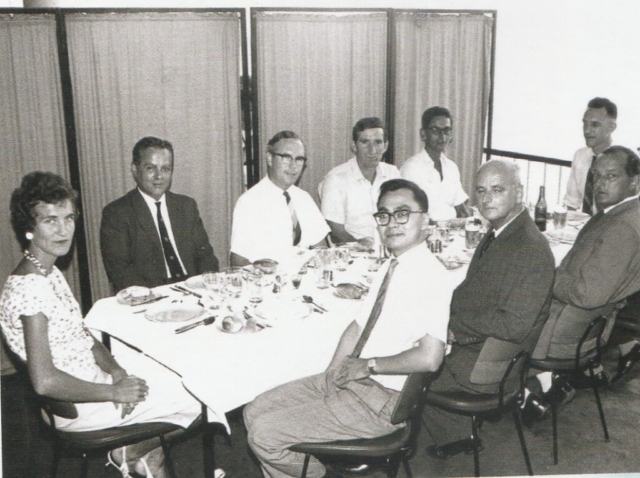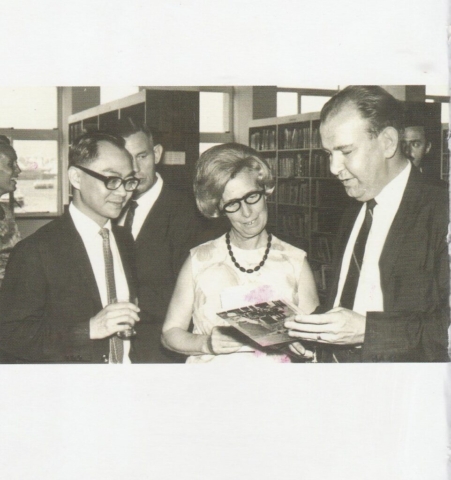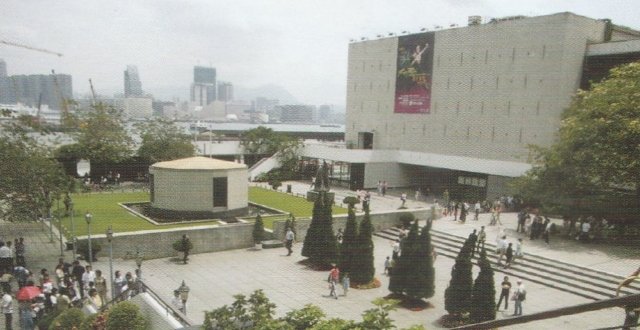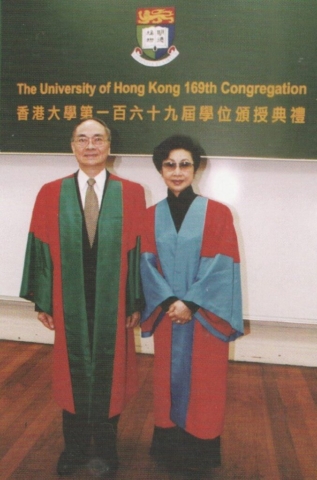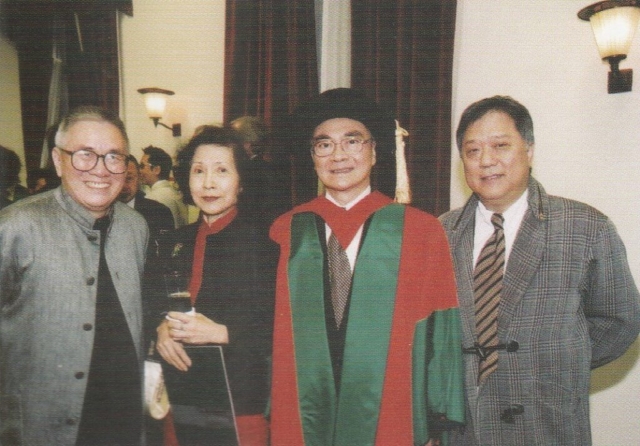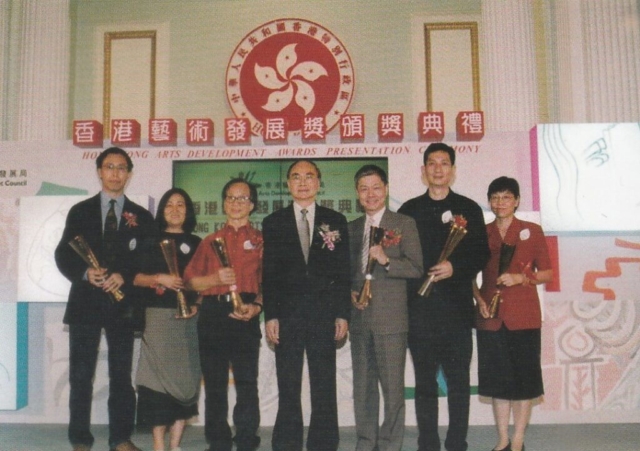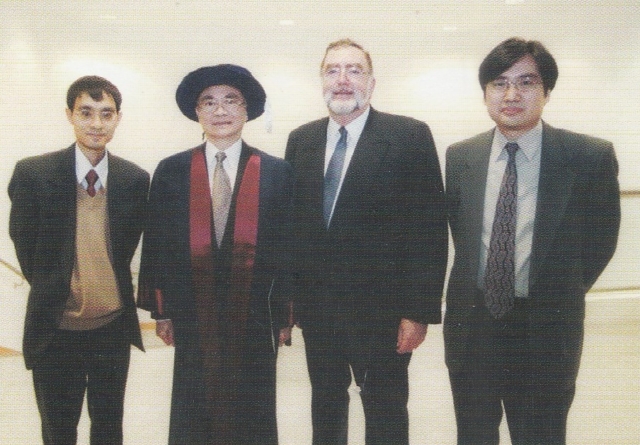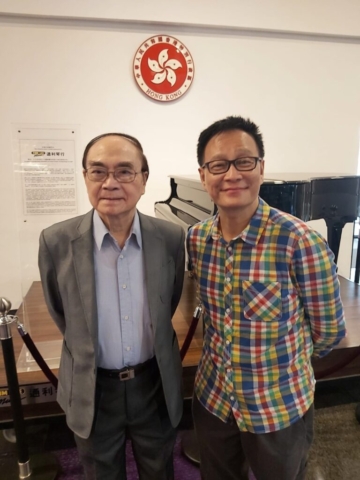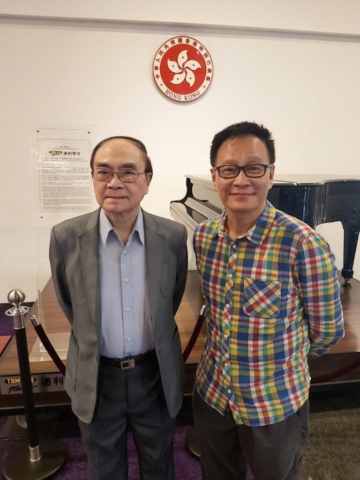25-05-22
Today we live in a world that is highly fractured, ambiguous and self-centred. Freedom and personal interest are the 2 biggest things that people often abuse.
Architect Ma Yansong said, “Where traditional values are concerned, Chinese people see nature as very symbolic. It is a form of culture.” Nature gave Chinese the imaginations, beauty, peace and most importantly, harmony as our cultural value. Chinese learnt to properly behave and get along with everyone and everything including nature. We did not say everyone is equal. Instead, specific moral duties were prescribed to each of us as oneself, in a family and the society. The duties are virtues such as love, kindness, respect, devotion, allegiance and integrity. Chinese believed that self-restraints were vital and people were capable of attaining these through education and reflection. People with personal mastery would treat themselves and others morally and lead others better. In turn, we all contribute our share to the greater harmony of nature and a good society.
The veteran of arts and culture in Hong Kong Darwin Chen(陳達文博士) who has served government since 1961 emphasized to me, “We must embrace our traditional Chinese values. They help us build up a sense of appropriateness and consummation. They also bring families and members of the community spiritually together and enable people to connect and harmonize. Now, ‘selfish’ is the high pitch in this city. The keyword should however be ‘selfless’.” Old owl like Chen is very wise.
In 1932, Master Chen was born in a Cantonese family which lived well, loved lots and laughed often in Shanghai. World War II destroyed all. He came with the family to Hong Kong in 1946. His education journey was from Diocesan Boys’ School, Northcote College of Education to University of London. His career path was from a reporter, teacher, officer of culture, high level official and presently a scholar.
Regardless of his government positions, master Chen always committed himself to the development of arts and culture in Hong Kong. He served Hong Kong Arts Development Council as Vice Chairman and Chairman from 1996 to 2004. His great honours include the Honorary Fellowship from The Education University of Hong Kong, Hong Kong Academy for Performance Arts and University of Hong Kong. In 2003, government awarded Master Chen with the Silver Bauhinia Star. He was given in 2012 the Life Achievement Award for his tremendous devotions to arts and culture.
Master Chen is always serious, gentle and patient. He told me, “Western civilization was inaugurated by the philosophies of the Greeks and Romans, in particular, the development of the concept of democracy which was relevant to the belief of equality and freedom. Rights such as right to life, marriage, sex orientation, welfare, freedom of expression and political opposition are roaringly stressed. Taking these rights to the extreme, a person nowadays may end up being an egotist and his self-interest becomes the motive of all arrogant action and foundation of his morality.” I agreed, “Very often, I heard someone say, ‘Well, it’s not illegal and I can do anything that I want to!’” This is a flagrantly proud attitude. Author Abhijit Naskar once said, “Self-regulation is not caution. It is an act of course-correction. There is no greater contentment than the feeling of victory over your own savagery.”
I added, “The western world has a ‘Harm Principle’ in that interference into one’s liberty can only be permitted only when his act will harm others. Moral ground is excluded.”
Master Chen responded to me, “You can enjoy reading books by authors such as Y N Harari, Francis Fukuyama and Peter Drucker. You can also study the history of the Magna Carta which was a document guaranteeing English political liberties. These days, we all shout for more and more freedoms but seldom exercise the freedom of thought which generates true wisdom. We forget the opposite importance of ‘altruism’. Our culture must balance egoism against the greater need for the selfless concern for the well-being of others.”
Master Chen paused, “We live together in a tiny city of Hong Kong and it is morality which can bind people. We must learn to have kind regard for others. I have spent my life preaching the values of self-reflection and self-restraint and only these good cultures will not blunt the fine edge of love, peace, mutual respect and altruism.”
I asked, “Hong Kong government will soon set up a cultural bureau to promote arts and culture, and we would be a cultural city of the world!” How would you see it?” He replied, “It is definitely a good thing. The Bureau should however not position itself sheerly as a planning and operational organ of cultural activities. Culture should not be treated as only leisure and recreational pursuits. Culture should be promoted as a set of shared spiritual beliefs that people of Hong Kong will be able to define themselves, share, translate them into a society’s good deeds and aspire collectively to contribute to a happier and harmonious Hong Kong.”
Master Chen thought twice, “The cultural bureau must not let itself to become a technical bureaucracy because in any bureaucracy, there is a self-justifying tendency to let the system become a pretext for not trying new things which may benefit Hong Kong. When I was in charge of the first Hong Kong cultural venue City Hall in the 1960s, I told my colleagues, ‘Be brave! It takes many good initiatives to achieve a good thing. Don’t be afraid of problems when the cause is good. Just do it and this is the only way that you can try it out! As a dedicated servant for the people of Hong Kong, personal gain or loss must be secondary.’ In those days, we lent books to the public and did not worry about them not being returned. We presented Cantonese operas and would not believe that they might degrade the reputation of the place. We made theatre tickets very cheap so that the grassroots could sit side by side with the upper class to enjoy. Remember: culture is about how to be a human and how your life is being humane. No one in Hong Kong should be shallow when culture would nourish our soul.”
I was curious, “Most people here are too westernized. How is our traditional Confucianism still important today?” He smiled, “The teachings of Confucius should be made an important part of Hong Kong education today, for students and the general public. It is our proud Chinese culture. The 3 essentials elements, among other good things, of Confucianism are: filial piety, humaneness and ritual consciousness. Our traditional values can cultivate the ideal personality of a citizen and then this will enhance harmony of the presently torn society. Hong Kong people have lost substantially good ethical, moral and social standards of the past. I do believe the Chinese ways should be re-examined and will form the basis of the future right way of life for Hong Kong people and also as our unique city culture mixing the best of East and West.”
For the first time since 1842 when Hong Kong was ceded as a colony, we could have a cultural bureau. It may be able to rewrite reality and relinquish the bad name of Hong Kong being a ‘cultural desert’ devoid of spiritual and intellectual attentions. The threat remains—the bureau may stumble on the way if it fails to give vent to the great need for the fostering of a more non-material, harmonious and humane Hong Kong. Both the rich and the poor here have to learn to be more cultured and cultural.
This article can also be found at the following sites:




